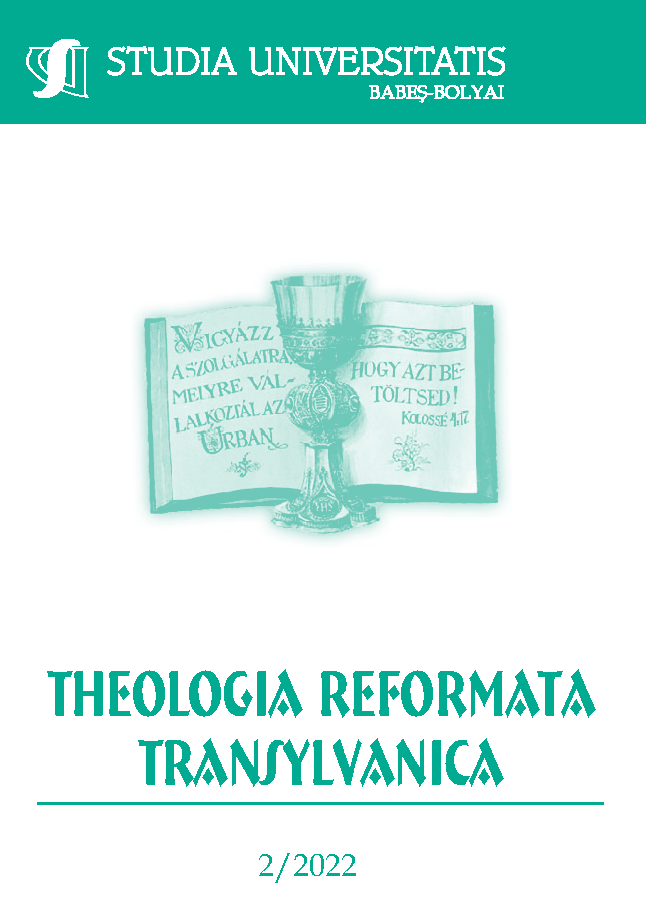ASPECTS OF LINGUISTIC FUNCTIONALISM IN BIBLE TRANSLATION. SOME TRENDS IN THE CONTEMPORARY CANONICAL HUNGARIAN BIBLE TRANSLATIONS
ASPECTS OF LINGUISTIC FUNCTIONALISM IN BIBLE TRANSLATION. SOME TRENDS IN THE CONTEMPORARY CANONICAL HUNGARIAN BIBLE TRANSLATIONS
Author(s): Tibor M. PintérSubject(s): Biblical studies, Translation Studies
Published by: Studia Universitatis Babes-Bolyai
Keywords: Bible translation; functionalism; translation studies; Bible; language ideologies;
Summary/Abstract: There are several Hungarian translations of the Bible serving at the same time: Translations are re-translations of the same text using revisions of ancient Bible texts. The language of the Bible should be “natural”, helping readers to comprehend it with the least effort. This effort is driven by direct and indirect translations showing more or less functional approaches to translation presenting texts by using methods of formal and functional equivalence. The paper provides a glimpse into contemporary canonical Hungarian translations, revealing the linguistic ideologies of the translator and the needs of the reader (in what manner linguistic ideologies have influence on the translation). Translation approaches are going to be “scaled” in the microstructure, showing possibilities of research to be done in the macrostructure of the translations. Examples are shown to reveal the intentions of the translator(s) helping readers to grasp the meaning of the source text.
Journal: Studia Universitatis Babeș - Bolyai Theologia Reformata Transylvanica
- Issue Year: 67/2022
- Issue No: 2
- Page Range: 57-83
- Page Count: 27
- Language: English

